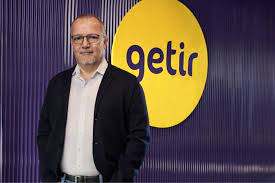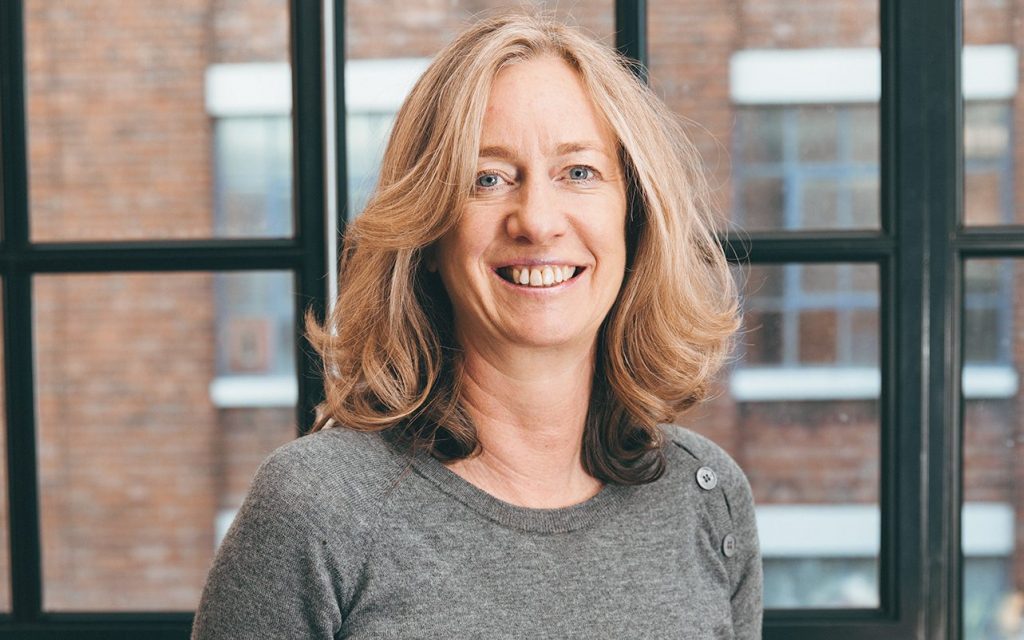What Turkey can do. (Getir)

I thought the brand name ‘Getir’ was a clever play on the idea of “Get ‘ere fast” to go with their proposition of delivering to your door in 10 minutes. I was, as I often am, wrong.
It turns out that Getir is a Turkish brand, and that Getir means “bring/get” in the Turkish language and its Turkish-ness is a vitally important part of the brand and its culture.
The origin of the brand is an idea that Nazim Salur had while at BiTaksi, the ride-hailing app he had already founded in Istanbul. One of the first people he shared the idea with was Serkan Borancili, who had been one of the first investors at BiTaksi.

Like lots of good new ideas, it could be summed up succinctly and uses an existing reference point to describe and ground an innovation. In this case, it positioned itself off BiTaksi, and Salur posed it as a question; “We deliver cabs in 3 minutes anywhere in the city, why not do the same with groceries in 10 minutes?” Borancili could see potential immediately.
A week later Salur bumped into Tuncay Tutek, someone he knew through his wife who had been a work colleague of Tutek’s. Salur pitched the idea to him. He too could see potential but also recognised it wouldn’t be easy so he replied, “it’s a great idea but very difficult, good luck to you,” but added “Let me know if I can be of help with anything.”
Salur obviously thought Tutek could help because a few days later he got in contact again and this time directly asked Tutek if he wanted to join the start-up. Tutek, who had been wanting to start his own business after having worked in the corporate world for many years, decided to take a chance.

The start-up team of five co-founders was completed with the addition of Dogancan Dalyan who also worked at BiTaksi and finally, keeping it in the family, Mert Salur who was Nazim Salur’s son. Mert Salur actually didn’t join the team immediately but finished his studies in the US first and then started at Getir.
One thing that binds the band of founders together is that they are all proud patriots. They share a love of their country and want to show the world what Turkey can deliver. They all want to create a truly global Turkish brand, to become the Turkish company on “which the sun never sets” As Tutek said in a recent interview; “We have great appreciation and respect for the people of this country. It is a source of importance for us to take this platform, built by Turkish software engineers, global”
Tutek went on to explain that the founders occasionally have differences of opinion but it is this joint vision; “our north star… the purpose of making Getir a global brand” that always brings them back together.
They started work in October 2014, initially renting space in other people’s offices, and launched in 2015.
Many people thought it would never work and that Getir wouldn’t succeed. They said the Turkish market wasn’t ready. It’s easy to see why.
In 2014, Turkish customers weren’t used to ordering groceries online.

Smartphone penetration was only between 60-70 percent in 2015 and credit card penetration wasn’t particularly high either.
The average time for grocery delivery was at that time between a day and a week, so detractors couldn’t see the point of delivering in 10 minutes. ‘Why not reduce it to just a few hours or maybe even 30 minutes?’
The team however stuck to their guns, for them 10 minutes was going to be crucial. It was what really made them different. They had seen that some digital supermarkets were already delivering during given slots on the same day or the day after, but they felt the concept of delivering within 10 minutes would be truly different and prove to be their key discriminator and potential competitive advantage. It would also act as a high bar for anyone else to reach.
The team argued that customers would feel like they were getting their groceries “right here, right now” which in a world where customers increasingly want it all and want it now was completely on trend.
So, with that as their goal the team worked backwards from there to architect the software infrastructure and operations to deliver…in just 10 minutes.
The first two years were tough and not a run-away success story.
The detractors weren’t slow to point this out.
The team never lost faith. They saw what for them was a crucial indicator, not only was there a group of early adopters using the service, but they were really appreciative of it too. Getir were banking on the fact that this group of people would grow and grow as word and experience spread and they backed their belief by invested heavily in trial-driving marketing. Based on what they had seen with the early adopters the team were certain that once people have experienced 10-minute delivery they would become converts and advocates.
Their hunch paid off.
They now have around 400 warehouses in Turkey and operate in many cities across the country from Adana to Zonguldak
They became one of Turkey’s first ‘unicorn brands’
They have become the sector ‘generic’ with competitors saying things like “they will do it like Getir”.
And, as of November 2022, they operate in France, Germany, Italy, Netherlands, Spain, Portugal. UK and the USA
In short, they are well on their way to becoming a truly global Turkish brand.
And the moral of the story is that its ok to be ahead of the curve as long as you’re sure the curve is going your way. What idea do you have that’s ahead of your market but is rooted in doing something better than has ever been done before?

